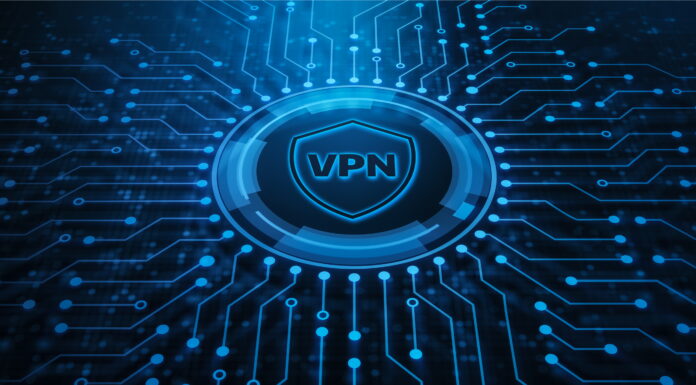Most of us are busy using technological tools every day, at home and work, but don’t have enough time or energy to stop and think about some of the potential downsides that can come with tech programs and devices. Until, that is, we get hacked, systems crash, or other problems bring issues to the forefront of our minds.
Hackers are increasingly attacking individuals, businesses, and organizations alike and continue developing new, ever more sophisticated ways to cause havoc and steal data and money.
As such, we must all increase our digital cybersecurity awareness and take steps to protect ourselves. One way you can do this is via a virtual private network, or VPN for short. Here’s the lowdown on how these work and why and how to use one.
VPNs Explained
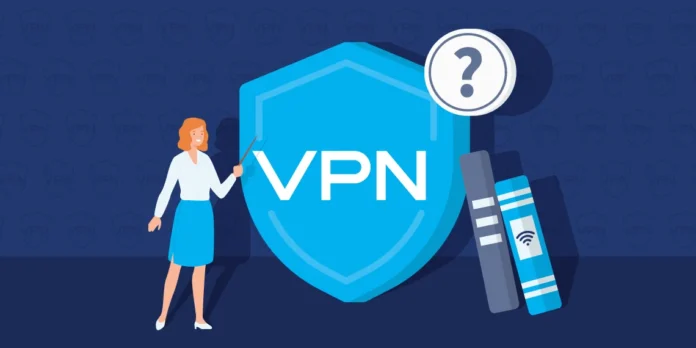
A virtual private network is a tool that will hide your internet protocol (IP) address when you’re completing tasks online. As a result, your digital actions become untraceable, and no one (including government agencies and hackers) can see where you go when you’re online or where you’re logging into the internet from, as well as the files you download or links you follow.
A VPN protects your identity and other information even if you’re using public or shared Wi-Fi and operates through a tunnel design. Virtual private networks give you anonymity by establishing encrypted, secure online connections that are safer even than using typical password-protected Wi-Fi.
Benefits of a VPN
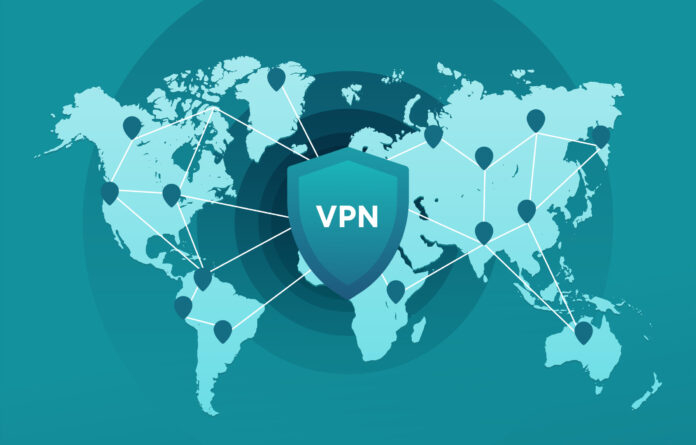
There are many benefits to be enjoyed from investing in a VPN. As indicated above, a vital advantage of a virtual private network is the security it offers when browsing and buying online. In addition, it hides your account login information and banking details and keeps your credit card data private.
Furthermore, when you’re using your internet service provider (ISP) at home, you might think that whatever you do is safe from prying eyes, but ISPs can access your internet data. This means information is vulnerable to being seen by those you don’t know and even possibly sold to third parties without you realizing.
A VPN will also help limit the collection of your browsing location and history when you use external apps, social media platforms, and other third-party sites. This then prevents them from attributing your online behavior to your IP address. Combine this with quality security software with comprehensive identity protection and a firewall installed on your computer, and you can sleep better at night knowing you’re keeping your data much safer from prying eyes.
A dedicated VPN also allows you to access content from anywhere, even if it might otherwise be blocked to you. For instance, if you’re keen to stream or download certain TV shows, movies, or other content from Netflix or other streaming services, yet it’s not accessible in your region, your VPN can provide a workaround since it disguises your location. It will seem as if you’re logging online from another country, so you can access a much more comprehensive range of videos and the like.
Similarly, if you’re interested in country-dependent services and offers, such as subscriptions, airlines with different prices and features for different customers globally, etc., a VPN can help you out. One other benefit of note is that it can improve buffering issues when you stream content online, making your viewing experience more enjoyable.
Tips for Choosing a VPN for Yourself
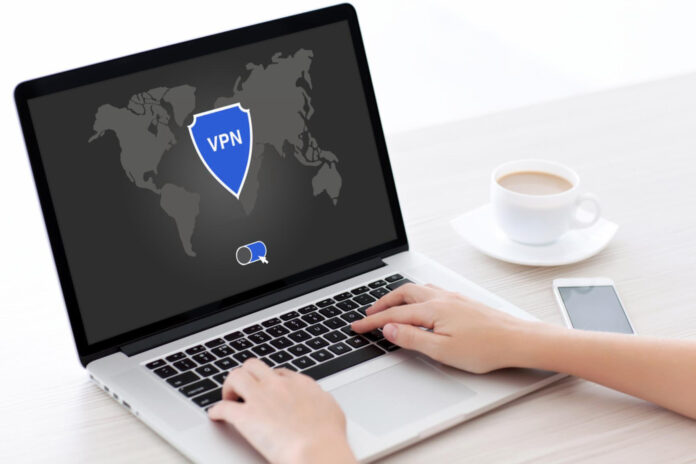
If you want to start utilizing a VPN service, comparing options closely is crucial. Examine prices, including potential hidden costs, such as cancellation fees or extra charges to use the VPN on multiple devices. See if there are different plans on offer, as this will help you to find the best option for your needs, and learn if different services set data limits or serve users with frequent advertisements that may negatively affect your usage.
You should learn what kind of security and privacy protocols the different VPNs you’re considering have to help increase your protection further. Find out the location of the product’s servers, too. It’s worth determining if you can decide which location to use at different times if you want to access content in various markets, and see what kind of uptime guarantees they provide. You don’t want to deal with frequent disconnections and have content drop out as a result. Check connection speeds, too, and the level of customer support available.
Before signing up for a VPN, read some customer reviews to see what current or past clients say about the products, too.
VPNs for Different Purposes
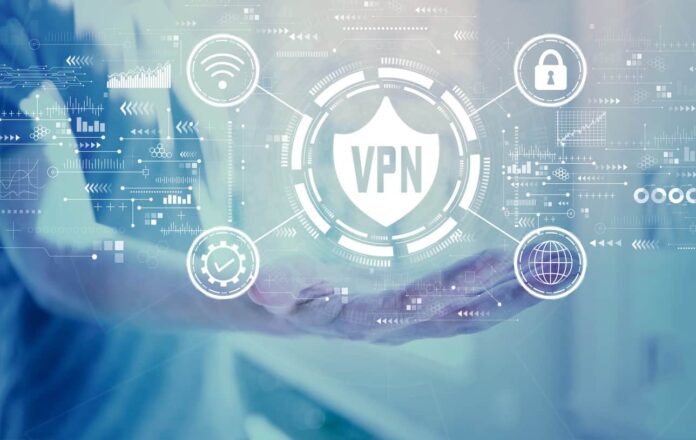
When it comes to torrenting, VPNs offer a crucial layer of protection by masking your IP address and encrypting your internet traffic. By connecting to a VPN server, you create a secure tunnel between your device and the server, making it nearly impossible for anyone to monitor your activities or trace them back to your real IP address. This added anonymity is particularly important in peer-to-peer file sharing, as it helps safeguard your identity and protect you from potential legal issues.
In the context of streaming, VPNs can unlock a world of possibilities. By connecting to a VPN server in a different country, you can bypass geo-restrictions imposed by streaming services. For instance, if a particular TV show or movie is not available in your region, a VPN can make it appear as if you’re accessing the content from a location where it is accessible. This enables you to enjoy a broader range of content from various streaming platforms.
It’s worth noting that not all VPN providers are equally suitable for torrenting and streaming purposes. Factors such as server locations, speed, and data transfer limits can significantly impact the performance and usability of VPNs for these activities. Therefore, it’s crucial to choose a VPN service that explicitly supports torrenting and streaming, with servers optimized for high-speed and reliable connections.
By using a VPN for torrenting and streaming, you can enhance your online experiences while maintaining your privacy and bypassing content restrictions, ultimately unlocking a world of entertainment and file-sharing possibilities.
Taking all of these steps will help you understand VPNs and select the best possible network for your specific needs. You’ll need to pay a fee for access to these products’ benefits, but you should find that you get much more back in return.
